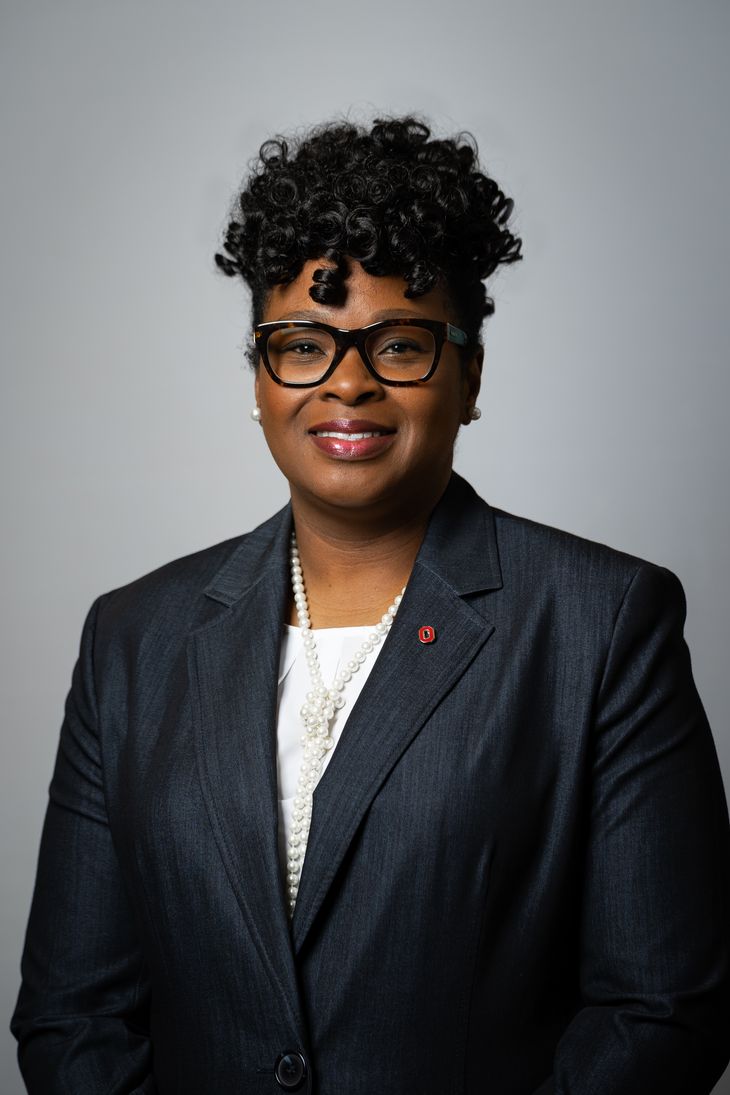Karen O. Moss

Research Interest
Dr. Karen Moss’ program of research focuses on the neuroscience of pain, advance care planning, healthcare decision-making, and quality-of-life outcomes for patients living with Alzheimer’s disease and related dementias and other serious chronic illness and their families. She examines factors that influence pain and end-of-life decision-making processes for African American older adults living with Alzheimer’s disease and related dementias and their family caregivers. Dr. Moss also seeks to better understand family caregiver stress. She is the principal investigator in the Family Caregiver Community Research (FamCare) Lab and member of the Monroe Lab. Dr. Moss is also an Assistant Professor and mixed methods core faculty member in the Center for Health Outcomes in Medicine, Scholarship and Service (HOMES) in the Department of Internal Medicine in the College of Medicine.
Media Reports:
- Moss, K. O. Advance Planning for the Inevitable. Episode 39. Shifting Perspectives with Yolande Robinson. E. Spotify. yolanderobinson.com/podcast
News
New data finds stress, anxiety and depression spike for those feeling the weight of a “culture of achievement”
Is the status of “perfect parent” attainable?
Researchers leading a national dialogue about parental burnout from The Ohio State University College of Nursing and the university’s Office of the Chief Wellness Officer say “no,” and a new study finds that pressure to try to be “perfect” leads to unhealthy impacts on both parents and their children.
Groundbreaking study provides a promising solution for preventing a major complication of pregnancy
According to the World Health Organization, more than 15 million babies are born preterm every year. More than one million of those babies lose their lives. Methods to predict risk for and prevent preterm birth are few and far between.


